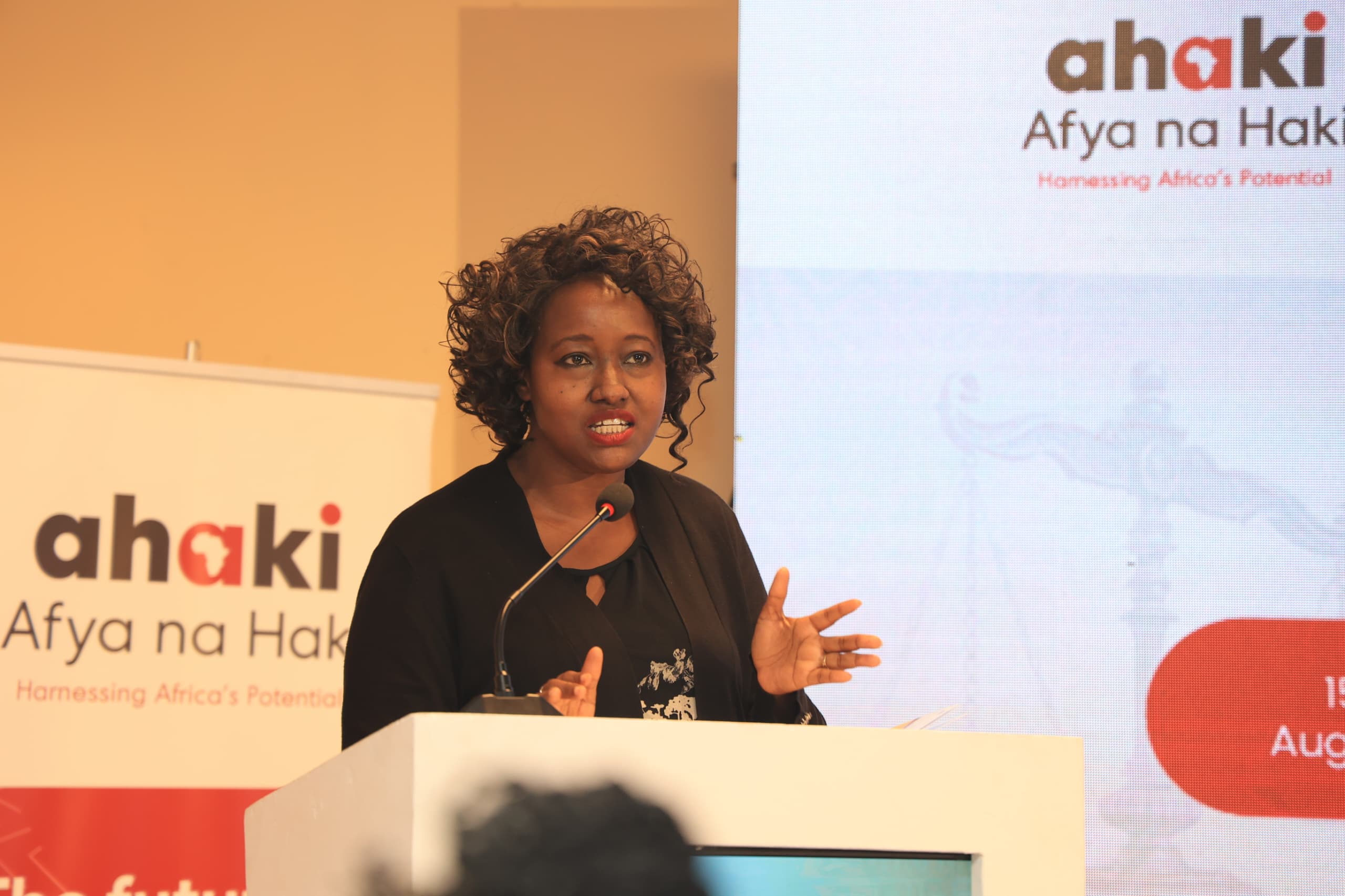
 Mama FM
Mama FM

 Mama FM
Mama FM
17 August 2024, 2:15 pm
By Byamukama Alozious
The Reproductive Justice Litigation Baraza 2024, held under the theme “Reimagining a Regional Africentric Approach to Litigating Reproductive Justice Through South-to-South Knowledge Exchange,” has emphasised the crucial importance of regional collaboration in advancing reproductive health and rights across Africa.
This Baraza, convened to support the Litigating Reproductive Justice in Africa (LIRA) Programme, brought together experts, advocates, and activists to share strategies and insights aimed at promoting reproductive justice through progressive, evidence-based, and collaborative litigation.
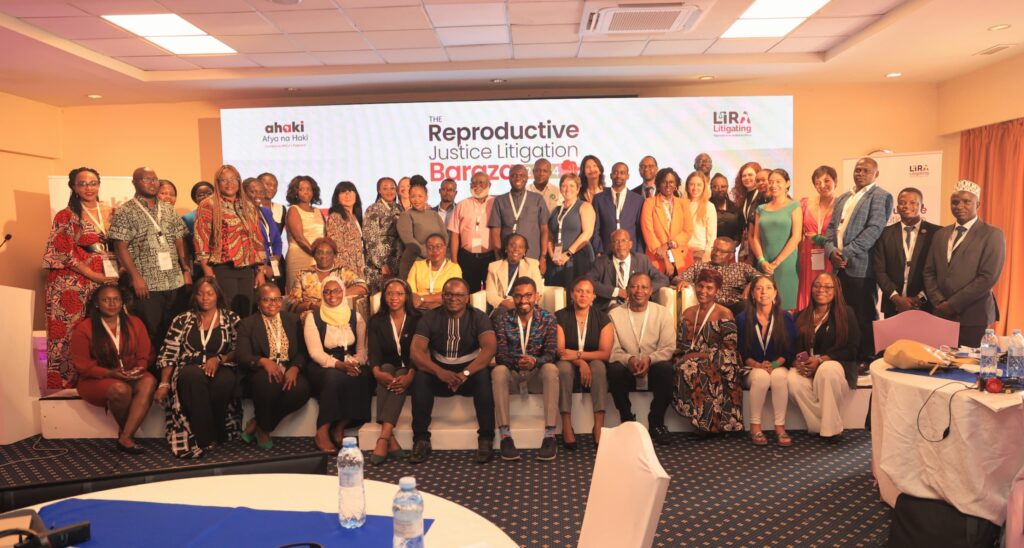
The LIRA Programme, developed by the Afya na Haki Institute (Ahaki), aims to create an environment where Africa embraces reproductive justice by establishing, strengthening, and sustaining a regional network of stakeholders committed to advancing reproductive justice litigation for access to sexual and reproductive health and rights (SRHR).
The Programme, currently being implemented within the East African Community (EAC), the Economic Community of West African States (ECOWAS), and the Southern African Development Community (SADC) regions, also seeks to build an African-based grant-making portfolio focused on advancing access to SRHR through litigation.
Khanyisa Mapipa, Head of the Health Rights Programme at SECTION27, highlighted that despite South Africa’s progressive abortion laws, such as the Choice on Termination of Pregnancy Act, women still face significant barriers to accessing safe abortions due to societal stigma, limited healthcare infrastructure, and a lack of information.
Women who undergo unsafe abortions face severe health risks, including death, and the law can support them by ensuring access to safe, legal abortion services and comprehensive reproductive health care.
Anand Grover, Executive Director of Lawyers Collective and former UN Special Rapporteur on the right to health, delivered a keynote address advocating for the decolonisation of human rights frameworks, urging adaptations that reflect Africa’s diverse cultural realities.
In Uganda, 12 mothers die every day while delivering. According to the World Health Organisation (WHO) and other sources, it is estimated that approximately 29,000 women die annually from unsafe abortions across Africa.
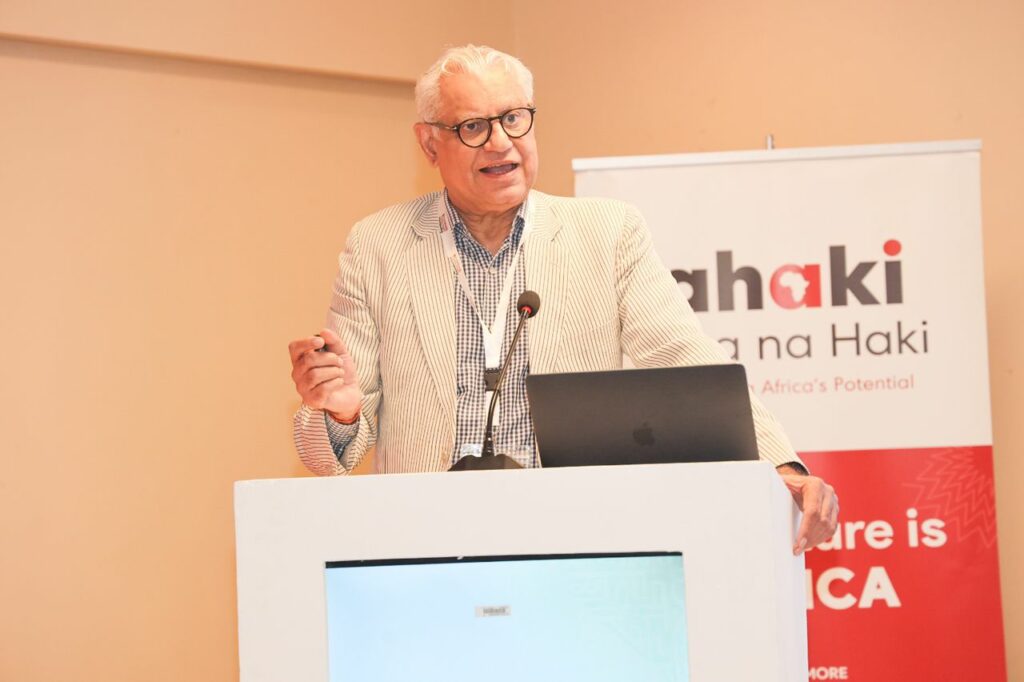
Mulumba Moses, Executive Director of Afya na Haki Uganda, emphasised the dire situation many women face: “Fifty-five percent of adolescents aged 15-19 and 42 percent of women aged 15-49 in Africa do not have access to contraceptive services. Additionally, 8.3 million African women have abortions in unsafe conditions. South-to-South collaborations are the first step in the critical process of alleviating these conditions.” He added.
He further emphasised that the reproductive Justice Litigation Baraza is rooted in the historical injustices and legal legacies imposed by colonialism. “The term ‘baraza’ signifies a space for conversation and learning. As Ahaki and partners, we created this event to foster such dialogue on advancing Reproductive Justice in Africa. This year’s Baraza offers a platform for in-depth exploration of these issues from Global South perspectives.” He concluded.
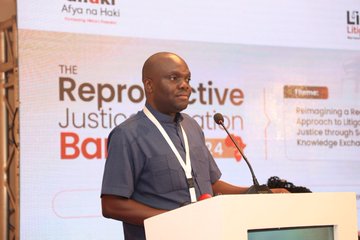
Laura Nyirinkindi, Chair of the UN Working Group on Discrimination Against Women and Girls, emphasised the importance of holding states accountable for violations of women’s and girls’ rights: “The Human Rights Council’s mechanisms allow us to hold states accountable for violations of women’s and girls’ rights. It’s time we fully utilise these tools to ensure justice. Reproductive justice means autonomy in reproductive matters. It’s about ensuring that women and girls can make informed decisions about their bodies and futures.”
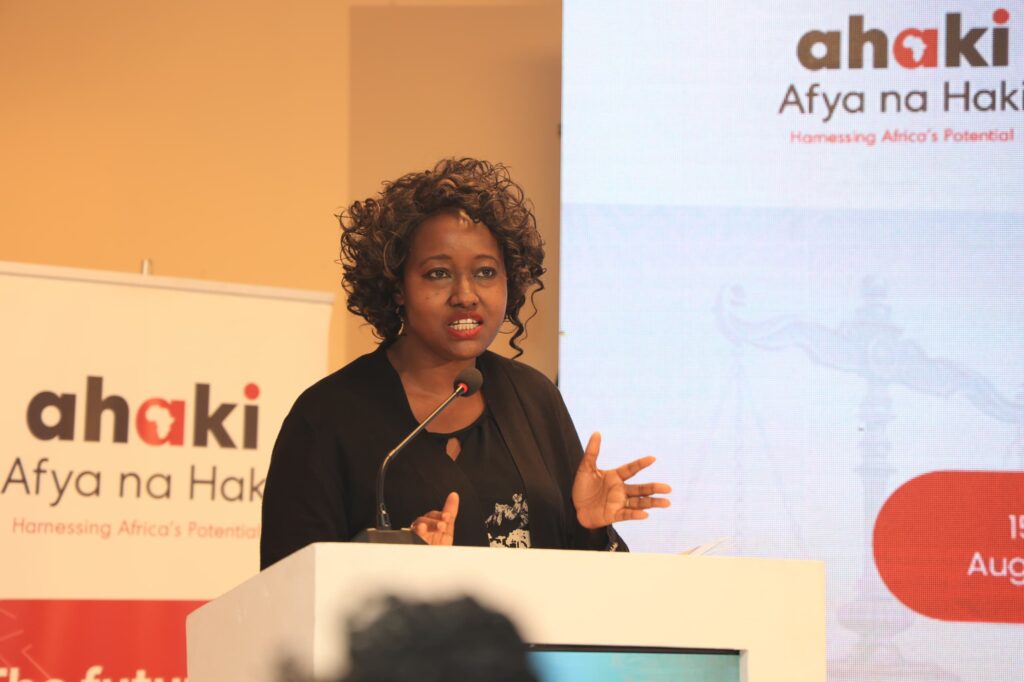
Matsiko Edwin from the Uganda Law Society reflected on their commitment: “As the Uganda Law Society, we are proud to participate in the Reproductive Justice Litigation Baraza 2024, reflecting our dedication to advancing reproductive justice. Through our Health and Law Cluster, we’ve been privileged to contribute to these crucial conversations.”
Disturbed by the inadequate attention and low priority given to sexual and reproductive health and rights (SRHR) in the region, Hon. Mudford Zachariah Mwandenga, Commissioner at the African Commission on Human Rights and Chairperson of the Working Group on Economic, Social, and Cultural Rights, expressed his concern: “It’s unfortunate that human rights work is often perceived as unprofitable and not conducive to building a strong client base for lawyers. This perception makes it less appealing to legal professionals. I hope that your time here will inspire you to contribute to the promotion of human rights and the advancement of reproductive justice.”
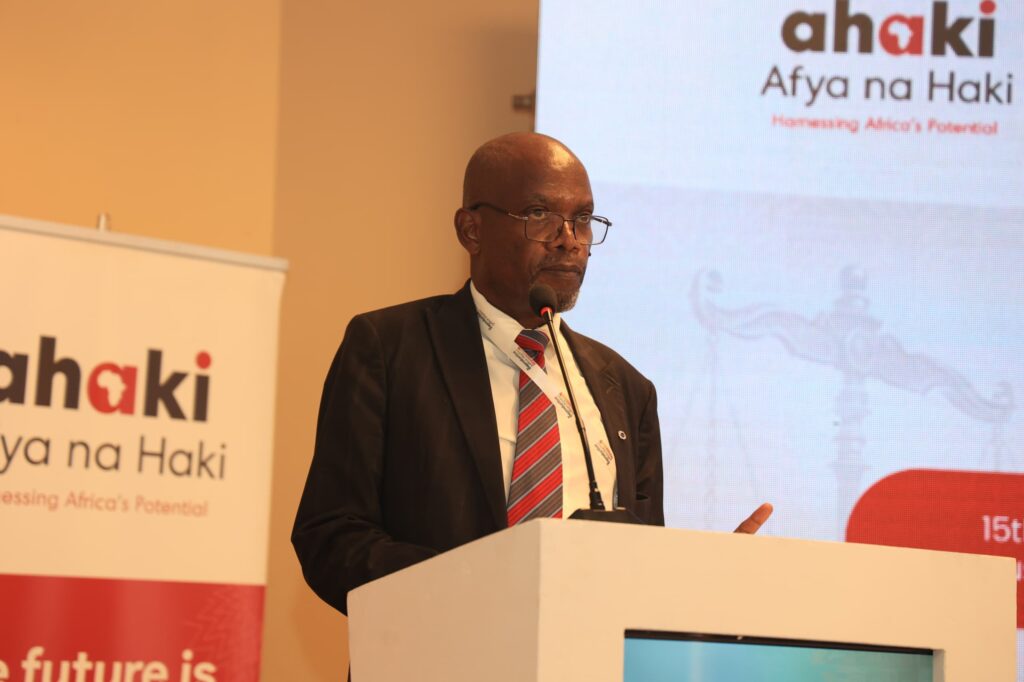
As the discussions turned towards the role of the judiciary in advancing reproductive justice, Prof. Ben Twinomugisha noted: “How can we effectively navigate the complex interplay between traditional legal systems and international human rights frameworks to advance reproductive justice? Engaging religious leaders is crucial for fostering collaboration, while acknowledging legal pluralism and the colonial origins of our legal systems is essential.”
Hon. Justice Eva Luswata of the Court of Appeal/Constitutional Court of Uganda highlighted the critical need for a judiciary that is both independent and culturally sensitive. She emphasised: “We must cultivate a judiciary that is free from colonial influences, capable of understanding and appreciating indigenous cultural values while upholding evolving rights. This requires a deep-rooted commitment and a recognition that cultural norms are not barriers to justice, but rather essential contexts for understanding rights.”
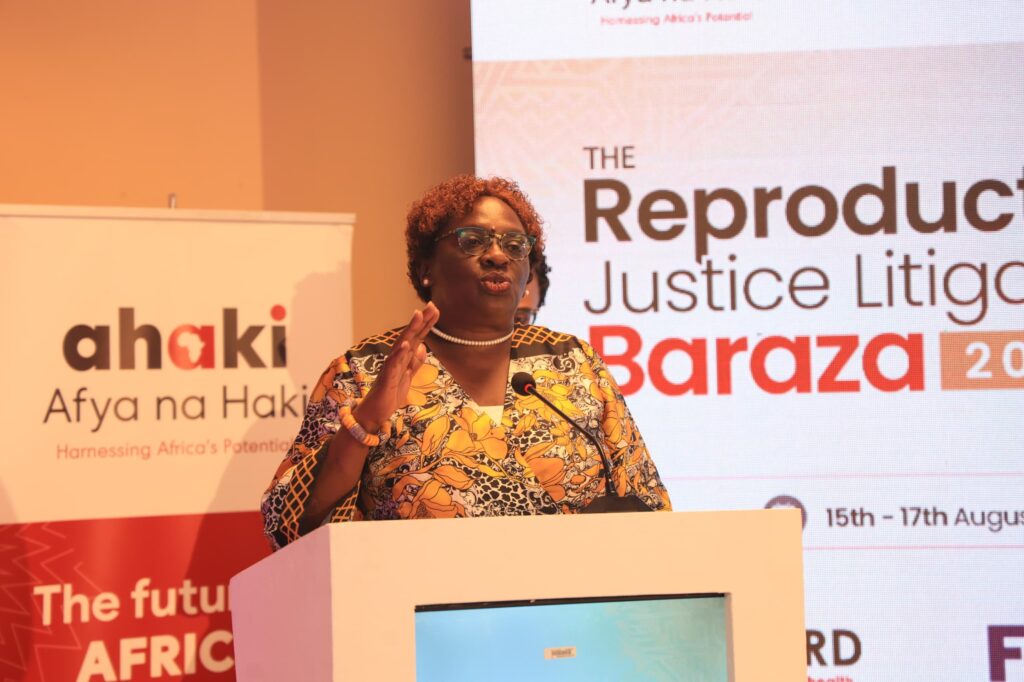
The Baraza’s discussions, driven by the goals of the LIRA Programme, reflect a strong regional commitment to improving reproductive health and rights. This collaboration paves the way for a future where women and girls in Africa can make informed decisions about their bodies, health, and futures.